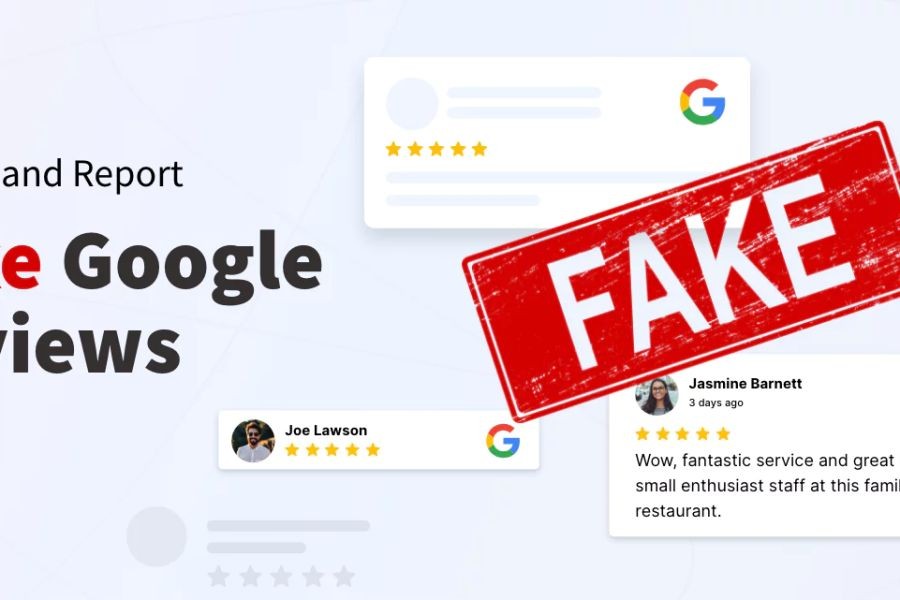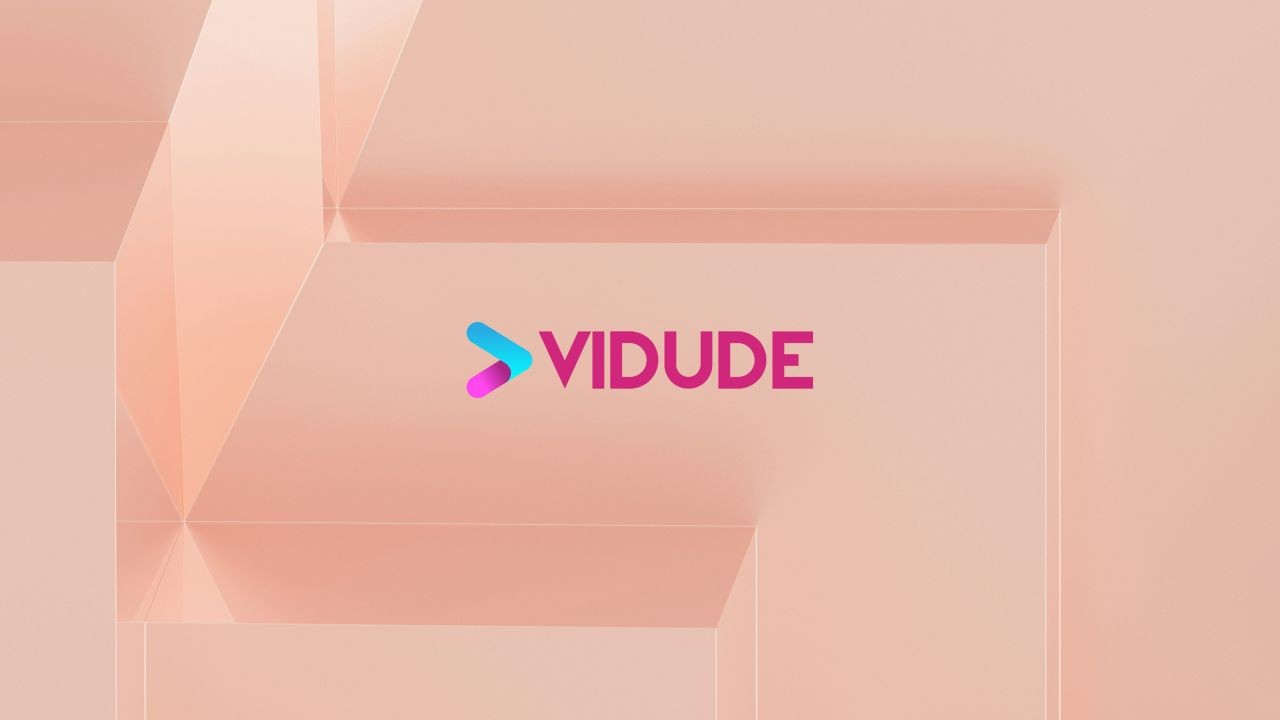In the digital age, the integrity of online reviews is under siege, especially within the burgeoning online education sector. As the demand for online courses skyrockets, so does the prevalence of manipulated reviews—crafting an illusion of credibility that can mislead Australian consumers and businesses alike. This phenomenon not only raises ethical concerns but also impacts financial decisions and policy frameworks. As Australia braces for a digital transformation in education, understanding the intricacies of review manipulation becomes paramount.
The Growing Problem of Fake Reviews in Online Courses
The Australian online education market has been experiencing rapid growth, with a projected annual growth rate of 6.3% from 2022 to 2027, according to IBISWorld. This boom, however, is tempered by the increasing prevalence of fake reviews. A 2023 report by the Australian Competition & Consumer Commission (ACCC) highlighted that 41% of consumers have encountered suspicious online reviews, a statistic that is alarmingly relevant to the online courses sector.
How Reviews Are Manipulated
Review manipulation in online courses often involves tactics such as incentivizing positive reviews, using bots to generate fake feedback, or even hiring third-party services to create fabricated testimonials. These strategies create a false sense of course quality and can mislead potential students into making financial commitments based on distorted information.
Australian Context: Regulatory Insights
The ACCC has been vigilant in monitoring and regulating online reviews, imposing fines and penalties on businesses found guilty of deceptive practices. In 2022, the ACCC fined an educational provider $2.5 million for misleading consumers with fake testimonials. Such actions underscore the regulatory body's commitment to maintaining transparency and honesty in consumer reviews.
Case Study: EdTech Company Faces Scrutiny
Problem: An Australian EdTech company, EduLearn, faced allegations of manipulating course reviews to inflate its reputation. This practice led to an influx of students who were dissatisfied with the course quality.
Action: The ACCC launched an investigation, revealing that EduLearn had employed a third-party service to generate over 1,000 fake reviews. The company was subsequently fined $3 million and mandated to implement stringent review verification processes.
Result: Post-intervention, EduLearn's student enrollment decreased by 20%, but course satisfaction ratings improved significantly as genuine feedback was prioritized.
Takeaway: Authenticity in reviews not only aligns with regulatory requirements but also builds long-term consumer trust and business sustainability.
The Financial Implications of Fake Reviews
Fake reviews can have severe financial repercussions for both consumers and educational providers. For consumers, enrolling in subpar courses based on misleading reviews can result in wasted money and time. For businesses, while fake reviews might initially boost enrollment, the long-term damage to reputation and the potential for regulatory penalties can outweigh short-term gains.
Market Trends and Economic Factors
The surge in demand for online courses is part of a broader trend towards digital learning, accelerated by the COVID-19 pandemic. According to the Australian Bureau of Statistics (ABS), online education participation increased by 32% in 2023 alone. This growth presents lucrative opportunities but also necessitates stringent quality assurance to maintain market integrity.
Common Myths and Mistakes in Online Course Reviews
- Myth: "All positive reviews are genuine and reliable." Reality: Many positive reviews are incentivized or fabricated. A study by the University of Sydney found that 30% of online course reviews are potentially fake.
- Myth: "Only small companies manipulate reviews." Reality: Even established educational providers have been caught in review manipulation scandals, as demonstrated by EduLearn's case.
- Myth: "Negative reviews are always a red flag." Reality: Constructive negative reviews can offer valuable insights into course improvements, suggesting transparency and authenticity.
Biggest Mistakes to Avoid in Online Course Selection
- Ignoring Red Flags: Overlooking discrepancies in review patterns can lead to poor course choices. Solution: Use platforms like Trustpilot that verify review authenticity.
- Relying Solely on Star Ratings: Star ratings can be misleading. Solution: Read detailed reviews and engage in forums to gather comprehensive insights.
- Failing to Cross-Verify: Not cross-referencing reviews with other platforms can result in biased decisions. Solution: Check multiple review sites for consistency.
Future of Online Course Reviews in Australia
As technology evolves, so does the sophistication of review manipulation tactics. However, the future promises more robust verification mechanisms powered by AI and blockchain. By 2028, it is predicted that 70% of online reviews will be verified through blockchain technology, ensuring higher transparency and trust.
Expert Opinion: Navigating the Review Landscape
Dr. Emily Richards, a digital ethics expert at the Australian National University, emphasizes the importance of digital literacy: "Consumers must be educated on identifying authentic reviews. As AI becomes more integral in review verification, understanding these technologies will be crucial."
Conclusion
Fake reviews in online courses pose a significant challenge to the integrity of Australia's burgeoning digital education sector. As businesses and consumers navigate this landscape, transparency and authenticity must be prioritized. Regulatory bodies like the ACCC play a vital role in maintaining these standards, but the onus also lies on consumers to critically evaluate reviews. By fostering a culture of digital literacy and ethical practices, Australia can ensure a more credible and trustworthy online education environment.
What strategies have you used to identify fake reviews? Join the discussion and share your insights below!
Final Takeaways & Call to Action
- Be vigilant in evaluating online course reviews—look beyond star ratings.
- Support regulatory efforts by reporting suspicious reviews to the ACCC.
- Stay informed about technological advancements in review verification.
- Subscribe to our newsletter for insights on navigating the digital education landscape in Australia.
Related Search Queries
- How to spot fake reviews in online education?
- ACCC guidelines on online reviews
- Impact of fake reviews on Australian consumers
- Future of online education in Australia
- Blockchain and AI in review verification































rtpslothariini2022
10 months ago